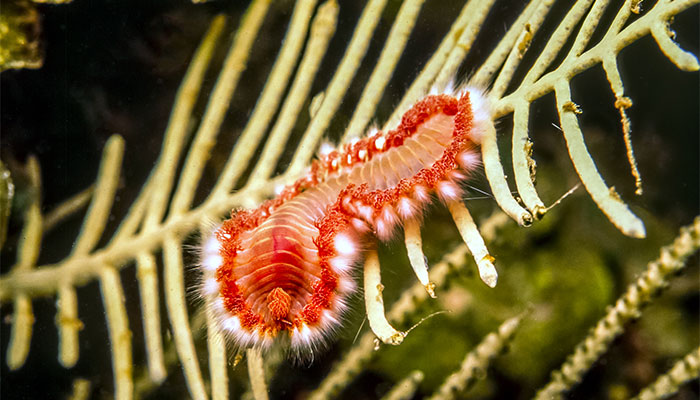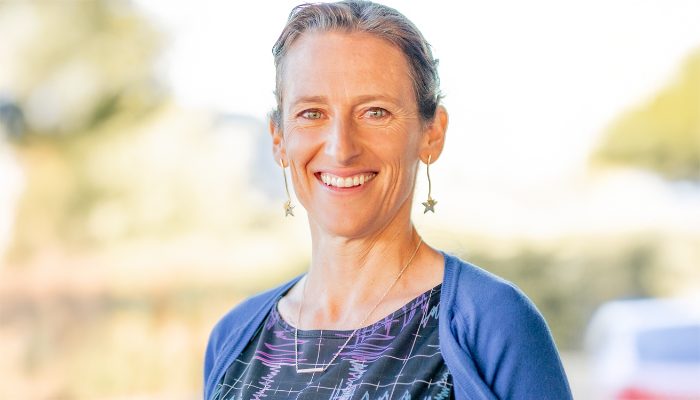Distinguished Professor Ian Paulsen, Director of the ARC Centre for Synthetic Biology and the Australian Genome Foundry (AGF) at Macquarie University, and AGF Chief Scientist Dr Briardo Llorente, will lead the Australian arm of the ambitious project to establish synthetic chromosomes in crop plants.
The grant of approximately $13.2 million AUD ($6.6 million GBP) will support an international collaboration between Macquarie University, the University of Cambridge, University of Western Australia, and UK-based company Phytoform.
Bioplatforms Australia will provide additional support of $450,000 AUD, bringing Macquarie University’s total funding to approximately $1.25 million AUD.
“This project can enable a significant advance in synthetic biology for agriculture,” says Dr. Llorente. “By creating synthetic chromosomes for crops, we can develop plants with new capabilities beyond what conventional breeding or gene editing can achieve.”
The research falls under ARIA’s Synthetic Plants Programme, which brings together social scientists, synthetic biologists, and plant biologists to create a new generation of major crops designed to better tolerate environmental stresses while needing fewer resources.
The outcome could enhance global food security and agricultural sustainability in the face of rising temperatures, heat waves and extreme weather events; expanding ranges and resistance of pests and diseases; declining soil quality, and declining pollinator populations, all exacerbated by climate change.
“By developing synthetic chromosomes that are viable in living plants, we can equip plants with new functionalities, from reducing agricultural water use to protecting crop yields under challenging climate conditions,” says Distinguished Professor Paulsen.
The project represents a significant step forward in the field of plant synthetic biology.
In addition to the technical aspects, the broader ARIA programme includes research teams developing resources for public engagement and exploring the social and ethical considerations around such innovations.



